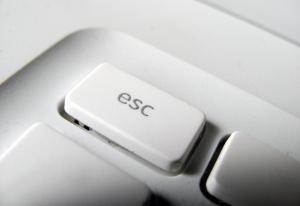 In today’s modern world, it is very easy for anyone to publish anything at anytime. Everyday content is being placed on websites such as Yelp, Twitter, or Facebook that may or may not damage the reputation of another. To determine if the writer can be held liable for internet defamation or libel contact one of our Bay Area Internet Defamation and Libel attorneys.
In today’s modern world, it is very easy for anyone to publish anything at anytime. Everyday content is being placed on websites such as Yelp, Twitter, or Facebook that may or may not damage the reputation of another. To determine if the writer can be held liable for internet defamation or libel contact one of our Bay Area Internet Defamation and Libel attorneys.
Everyone has the right to voice their freedom of speech, but no one can intentionally spread lies about another for the purpose of damaging someone’s reputation. Internet sites such as Yelp, Twitter, and Facebook are amazing web pages that have connected the world and spread information faster then any point in history.
While these web pages and others provide many positive features, they also provide two unfortunate consequences:
First, they provide an opportunity for others to cause harm to reputation by spreading malicious lies. Whether it is a review from a consumer, or a so called “mean tweet,” these publications can be damaging both on a personal and professional level.
Second, many business attempt to silence their critics by threatening them with a defamation lawsuit for a truthful yet negative review of their business.
If you are facing either of these situations, contact one of our internet defamation and libel attorneys at our San Francisco Bay Area Office. We have experience dealing with internet defamation issues and can negotiate on your behalf to either remove the content or take court action to protect your freedom of speech rights.
Whether you are being sued by a business unhappy with your online review or if you have been injured by an online posting, our defamation attorneys can deploy a number of methods to help you including:
- Anti-Slapp – an anti-slapp motion is a procedural technique used to shift the burden of proof to the party trying to limit the speech of another. If successful, it may resolve the case quickly, and may possibly reimburse the winning party for their attorney fees and costs.
- Demurrer – a demurrer is another procedural technique used to attack a weak claim. If successful, the case will be resolved shortly after a ruling.
- Statute of Limitations – in California, any lawsuit for defamation must be filed in court within one year from the first posting of the statement. It does not matter when it was read. However, there are exceptions to this rule such as republication, which may resets the statute of limitations.
- Truth and Opinion – generally speaking, a statement cannot be considered defamation if it is a statement of truth or opinion.
No matter what your situation our Bay Area Defamation attorneys have the tools and experience to help you with your internet law problem.
